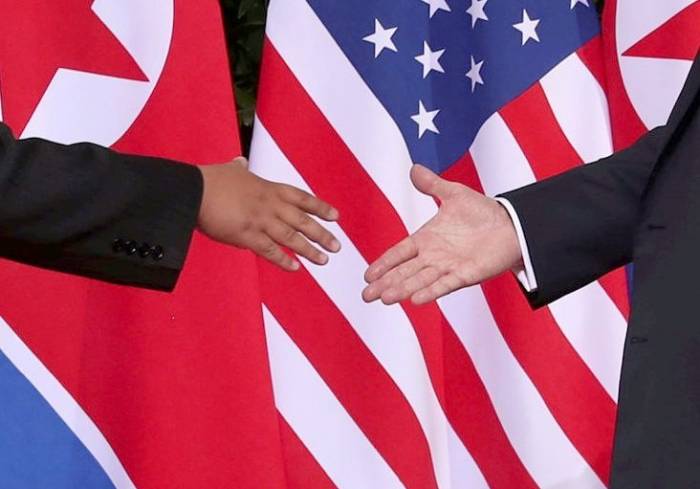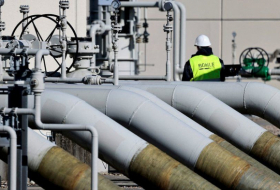The isolated nation’s foreign ministry accused Washington of following an “outdated acting script” and said any moves towards denuclearisation are being jeopardised.
It said Pyongyang had stopped nuclear and missile tests, dismantled a nuclear testing site and returned the remains of some US soldiers killed in the 1950-53 Korean War.
However, it said Washington was still insisting on “denuclearisation first” and had “responded to our expectation by inciting international sanctions and pressure.”
“As long as the US denies even the basic decorum for its dialogue partner and clings to the outdated acting script which the previous administrations have all tried and failed, one cannot expect any progress in the implementation of the DPRK-U.S. joint statement including the denuclearisation,” the ministry said.
The statement accused senior American officials of “going against the intention” of US president Donald Trump by “making baseless allegations against us and making desperate attempts at intensifying the international sanctions and pressure.”
It said “expecting any result, while insulting the dialogue partner” was “a foolish act that amounts to waiting to see a boiled egg hatch out.”
North Korea’s comments appeared to be aimed at a US audience, as they were released in English by North Korea’s mission to the United Nations in New York. The statement was also issued by the North’s state news agency, KCNA.
Washington has said sanctions will not be lifted until Pyongyang fully dismantles its nuclear weapons.
Earlier this week Mr Trump’s national security adviser, John Bolton, said Pyongyang had not taken the necessary steps to denuclearise while the US ambassador to the United Nations, Nikki Haley, said Washington was “not willing to wait for too long.”
It comes as the North Korean foreign minister, Ri Yong-ho, travelled to Iran, where the country’s president, Hassan Rouhani, told him the US cannot be trusted after the Trump administration reneged on a deal to lift sanctions in return for curbs on Iran’s own nuclear programme in 2015.
The Independent
More about: NorthKorea
















































